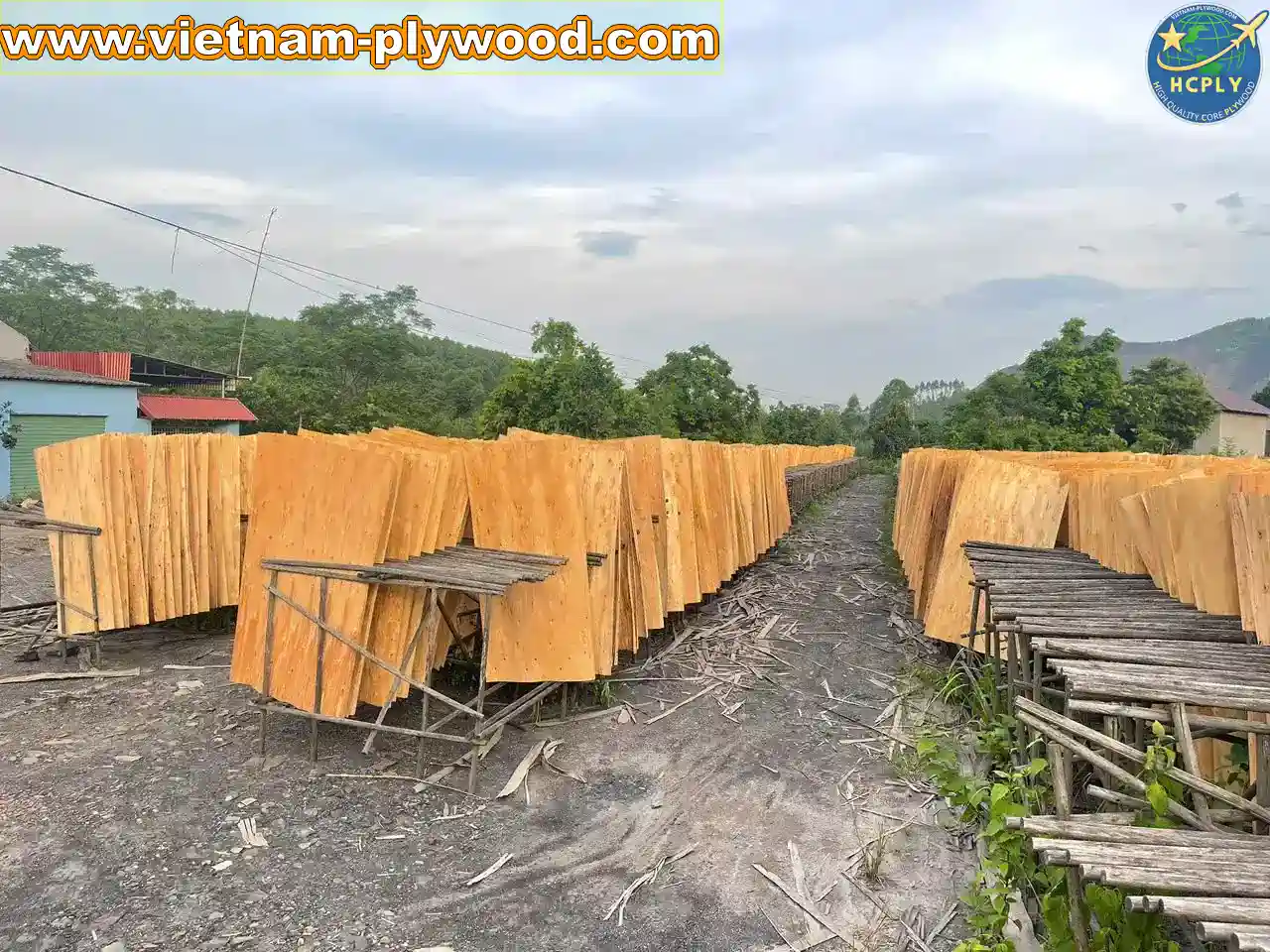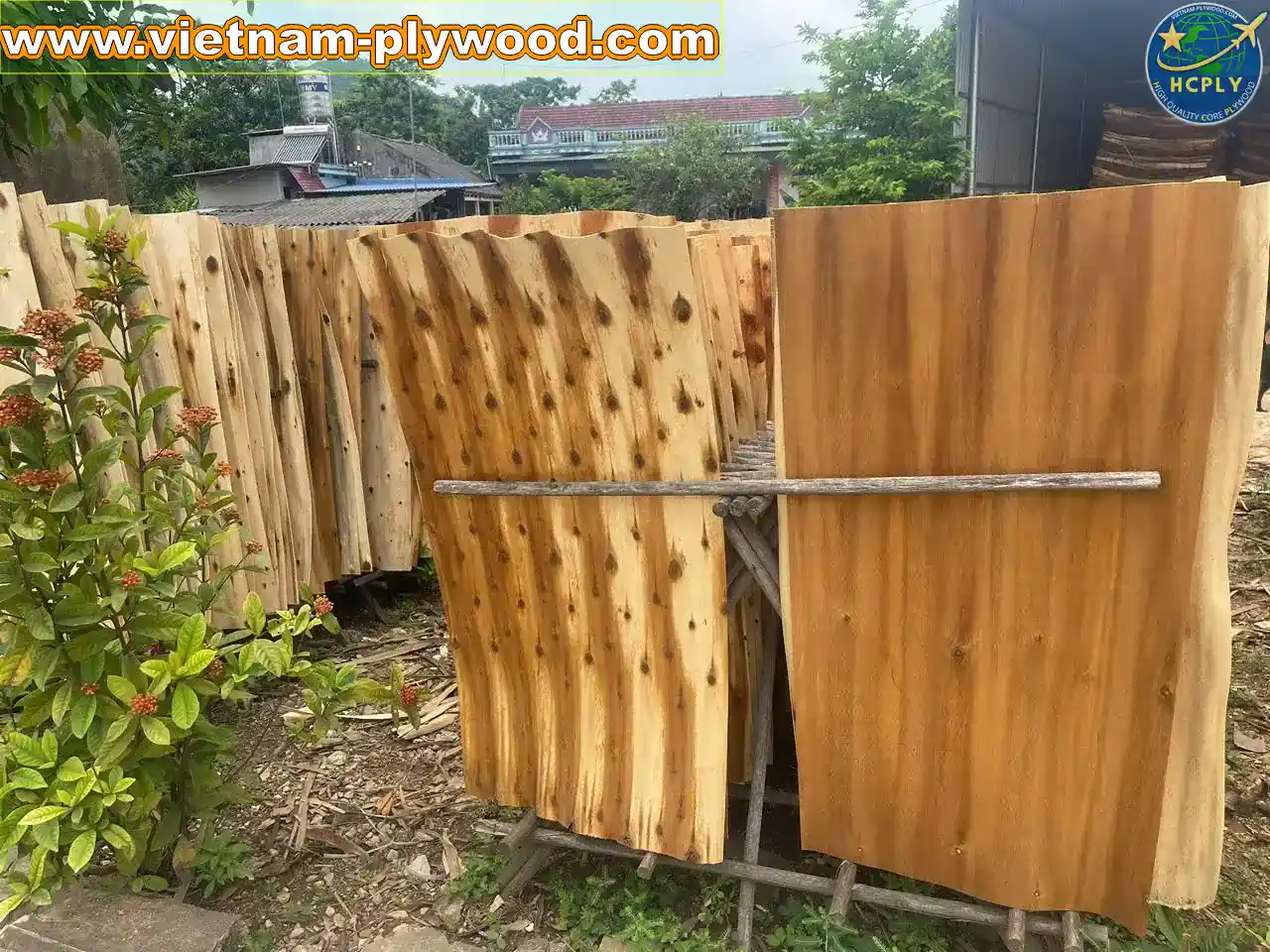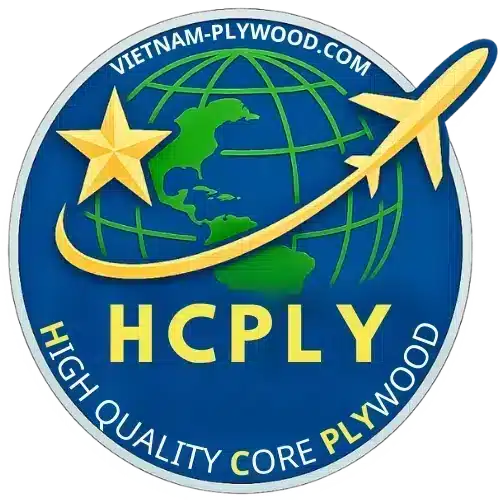In today’s woodworking market, the choice of core material can greatly influence the overall quality and usability of the plywood produced. Understanding the differences in core materials like acacia and eucalyptus is vital for manufacturers and consumers alike, especially in regions like Vietnam where these resources are abundant. This article delves deeper into the characteristics, applications, and environmental impacts of acacia core plywood and eucalyptus core plywood, aiming to provide a comprehensive guide for those in the industry.
Acacia vs Eucalyptus Core – Which Is Better in Vietnam?


The choice between acacia core plywood Vietnam and eucalyptus core plywood Vietnam significantly impacts the final product’s performance, cost, and market appeal. Both materials are abundant in Vietnam and are used in a wide range of plywood types, but they differ in weight, density, cost, and durability.
1. Introduction – Why Core Material Matters in Plywood Manufacturing
The core is the backbone of any plywood sheet. Choosing the right core material ensures optimal performance, longevity, and aesthetic appeal. It’s essential to consider several factors:
- Strength & durability
- Weight optimization
- Market-specific compliance
- Cost efficiency
In Vietnam, the two most common hardwood cores are acacia and eucalyptus, each serving different export needs.
2. Overview of Acacia Core Plywood Vietnam
Acacia is known for:
- Medium density (~600–650 kg/m³)
- Good moisture resistance
- Smooth and stable surface for veneering
- Balanced strength and workability
Applications:
Furniture frames, interior panels, moderate load-bearing construction.
3. Overview of Eucalyptus Core Plywood Vietnam
Eucalyptus characteristics:
- Higher density (~700–750 kg/m³)
- Greater hardness & load capacity
- Slightly heavier than acacia
- Excellent screw-holding ability
Applications:
Heavy-duty furniture, flooring, structural formwork, and export markets requiring robust panels.
This core material is also prominent in the manufacture of decorative furniture, where a smooth surface is essential. The aesthetic appeal of acacia wood, with its rich patterns and colors, enhances the visual impact of the finished product.
4. In-Depth Strength & Durability Comparison
As the global demand for high-quality plywood continues to rise, knowing how core materials influence the product can offer competitive advantages in the marketplace. With acacia and eucalyptus both having unique properties, selecting the appropriate one can cater to diverse customer needs.
| Property | Acacia Core | Eucalyptus Core |
|---|---|---|
| Density | Medium | High |
| Bending Strength | Good | Very Good |
| Moisture Resistance | Good | Moderate to Good |
| Screw Holding | Good | Excellent |
| Weight | Lighter | Heavier |
Acacia Core Plywood in Detail:
Acacia core plywood is recognized for its medium density, which provides a balance between strength and weight. Its moisture resistance makes it suitable for various climates, particularly in tropical regions. For instance, acacia is often employed in:
5. Market Preferences for Each Core
- Europe: Prefers acacia for lightweight applications
- India: Eucalyptus is favored for formwork and strong furniture
- Middle East: Mix of both depending on product use
- Asia-Pacific: Cost-driven markets often choose acacia for price advantage
6. Cost Comparison
- Acacia: Generally 5–10% cheaper due to lower density and faster processing.
- Eucalyptus: Higher cost but offers premium mechanical strength.
7. Environmental Considerations
…structural components of buildings, flooring, and heavy-duty furniture. Its ability to withstand heavy loads and resist scratching ensures a longer lifespan for products made from this core material.
Eucalyptus Core Plywood in Detail:
On the other hand, eucalyptus is known for its exceptional hardness and durability. This makes eucalyptus core plywood particularly suitable for applications that require enhanced strength, such as:
Both are plantation-grown in Vietnam, making them sustainable:
- FSC® certified options available
- Short rotation cycles: Acacia (5–7 years), Eucalyptus (6–8 years)
- Reduced deforestation impact compared to natural forest hardwoods
8. HCPLY Quality Assurance
- Careful log selection to avoid defects
- Moisture control to prevent warping
- Precise core lay-up to maintain uniform thickness
- CARB P2 and E0 formaldehyde compliance for global export
9. Choosing Between Acacia and Eucalyptus
Acacia core plywood is suitable for lighter applications, while eucalyptus excels in high-load situations. This knowledge is crucial when considering the intended use of the plywood.
The strength and durability of plywood are critical metrics for end-users. A detailed comparison between acacia and eucalyptus core plywood can assist in making informed decisions. For instance:
- Select acacia core plywood Vietnam if:
- Weight is a concern
- Cost-sensitive projects
- Decorative applications with veneer
- Select eucalyptus core plywood Vietnam if:
- Structural strength is critical
- High wear resistance needed
- Load-bearing furniture or flooring
10. Conclusion – The Right Core for the Right Job
Choosing the right core material is not merely about preferences or costs; it’s about aligning with specific project requirements, compliance, and customer expectations.
“The right core material is not the more expensive one—it’s the one that fits your customer’s needs.”
HCPLY supplies both acacia and eucalyptus core plywood, offering custom thickness, glue types, and surface veneers for export-ready products.
Understanding market preferences can be a significant advantage for suppliers. For example, while Europe may lean towards acacia for its lightweight nature, markets in India may favor eucalyptus for its strength in construction. Developing insights such as these can help businesses tailor their product offerings effectively.
📩 Contact David – Export Project Leader
WhatsApp: +84-338616333
Email: [email protected]
🌐 Website: https://vietnam-plywood.com
Additionally, companies can strategize their marketing approaches based on regional preferences, ensuring they highlight the attributes most valued by consumers in each area.
In addition to strength, eucalyptus plywood is often chosen for its excellent screw-holding capacity, making it ideal for various construction purposes.
Consumer Preferences in Different Markets
Sustainability in Core Material Choices:
The environmental impact of sourcing materials can greatly influence consumer choices. As sustainability becomes increasingly important, being able to offer FSC® certified acacia and eucalyptus core plywood can appeal to eco-conscious consumers.
Moreover, promoting the short rotation cycles of these trees can also enhance a business’s sustainability narrative, showcasing a commitment to responsible forestry practices.
Summary of Choosing Between Acacia and Eucalyptus Core Plywood
Whether your focus is on producing lightweight decorative items with acacia core plywood or constructing robust furniture with eucalyptus, understanding their distinct properties will guide your choices wisely.
📩 Contact Us for More Information
For further inquiries or to explore options for acacia core plywood and eucalyptus core plywood, you can reach out to our team. We offer tailored solutions to meet your specific needs.
Is eucalyptus wood good for plywood?
Yes. Eucalyptus wood is strong, dense, and stable, making it an excellent core material for plywood. HCPLY – Vietnam Plywood Manufacturer & Supplier uses eucalyptus for high-strength, export-grade plywood
What is the best core for plywood?
The best core depends on the application. Eucalyptus and acacia are preferred for strength, while poplar is ideal for lightweight projects. HCPLY offers all core options to meet diverse market needs
What is eucalyptus core veneer used for?
Eucalyptus core veneer is used in furniture plywood, packing plywood, and construction-grade panels, providing durability and excellent nail-holding capacity
What is the meaning of eucalyptus plywood?
Eucalyptus plywood refers to plywood with its core or entire structure made from eucalyptus wood, known for its toughness and long service life.
